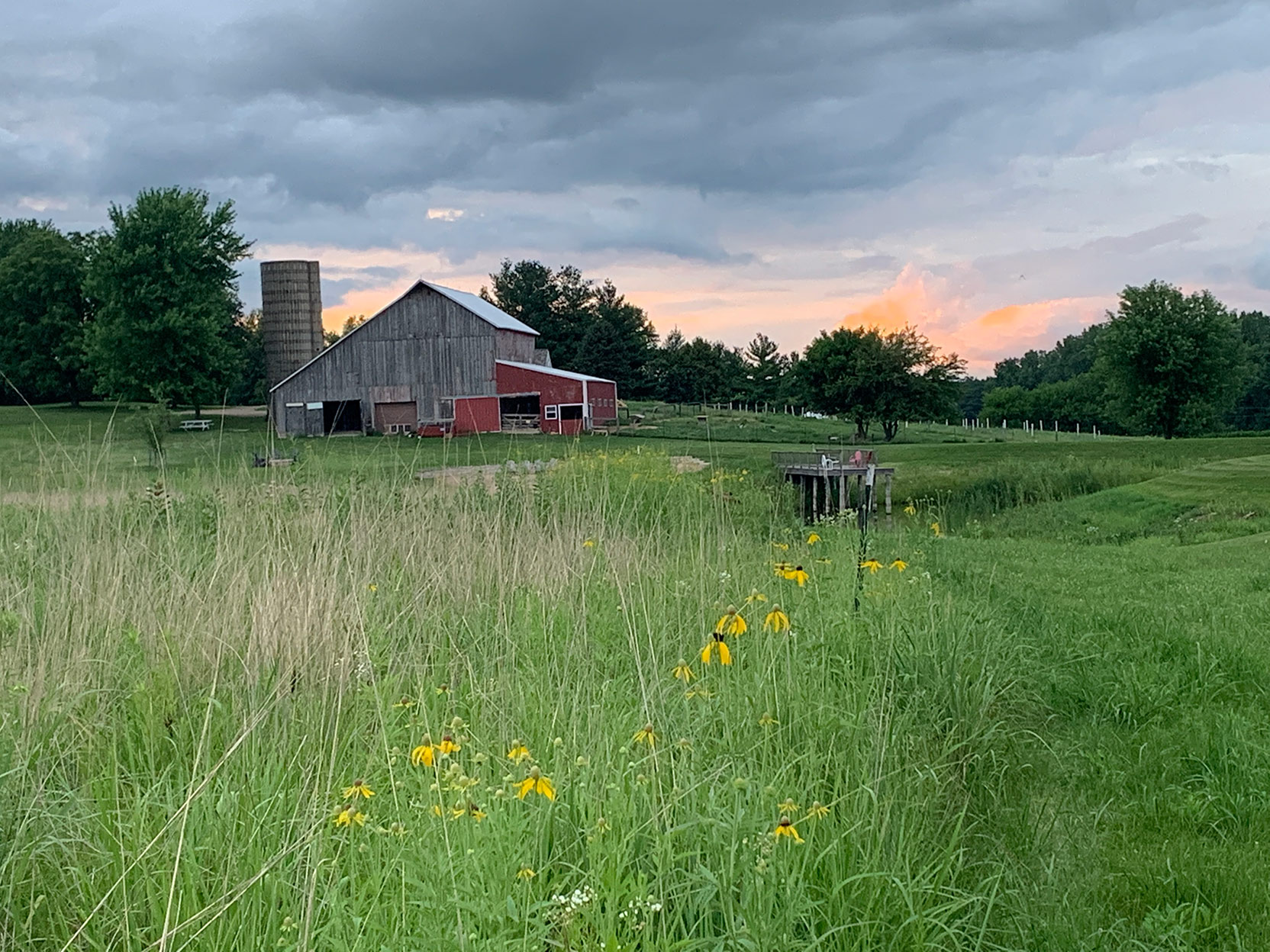8 Key take-aways and resources
Key takeaways
- Without antibiotics or conventional anti-parasiticides, raising healthy animals and keeping them healthy is the top priority for organic and alternative livestock farmers and ranchers.
- Organic and alternative farms currently practice disease prevention just as conventional farmers do.
- Organic and alternative farms may face unique challenges with regard for foreign animal disease outbreaks.
- Veterinarians and other animal health professionals can play a vital role in disease prevention and animal health on organic and alternative operations.
Helpful resources
Courses
For in-depth information on prevention measures, rules and regulations, communication tips, and management tools used in organic and alternative production, continue reading the following chapters:
- Prevention and organic/alternative animal health
- Rules and regulations associated with organic and alternative livestock
- Communication considerations for working with organic and alternative livestock clients
- Treatments and practices for organic and alternative livestock
Handouts included with this chapter
- Animal Health Conversation Starters
- Disaster and Emergency Planning (the basics)
- Step 1 Movement risks
- Step 2 Disease Prevention self-assessment
- Step 3 Disease Prevention Plan Template (.docx download)
- Foreign Animal Disease Frequently Asked Questions for organic and alternative farms
- Foreign animal disease Infographic
Websites
Livestock stress
- Low-Stress Cattle Handling Presentation. Temple Grandin
- Low-Stress Cattle Handling, 2018 Canadian Center for Health & Safety in Agriculture
- Livestock Behavior, Design of Facilities & Humane Slaughter, Temple Grandin
- Understanding Flight Zone and Point of Balance for Low-Stress Handling of Cattle, Sheep & Pigs, The Natural Farmer
Cattle Movement and Flight Zones
- Understanding Flight Zone and Point of Balance for Low Stress Handling of Cattle, Sheep, and Pigs
- Video Collection
- Temple Grandin – General Cattle Handling (Lecture/Video)
- Understanding the Flight Zone – National Dairy FARM Zone Video
- Flight Zone and Point of Balance
- How to Move a Cow Using Correct Body Language
Cleaning and disinfection resources:
- National List of Allowed and Prohibited Substances
- USDA – Organic Regulations for C&D
- USDA-Organic: The Use of Chlorine Materials in Organic Production and Handling
- Cleaning and Disinfecting in Organic Poultry Production
- CFSPH Cleaning and Disinfection Resources
- HFHA – Cleaning and Disinfection Tips
- Biosecurity for Organic Livestock Producers
- NDSU- Chlorine Bleach Safety
- Clorox: How to Make Disinfecting Solution with Bleach
- Health: Why You Should Not Mix Bleach and Vinegar for Cleaning
- NSF: Reliable Scientific Tips for Cleaning with Vinegar
Thank you!
Remember to return to the course home page to complete this chapter’s quiz. After passing the 10-question multiple-choice quiz, you can collect your Certificate of Completion to earn 2.0 RACE-approved CE credit.


